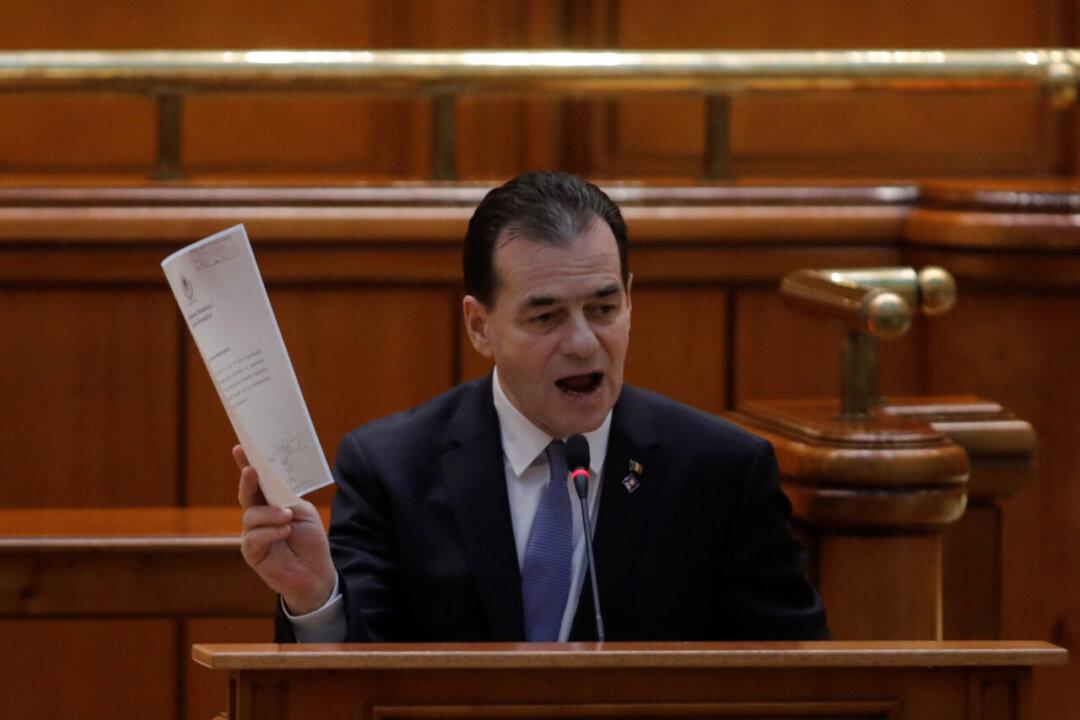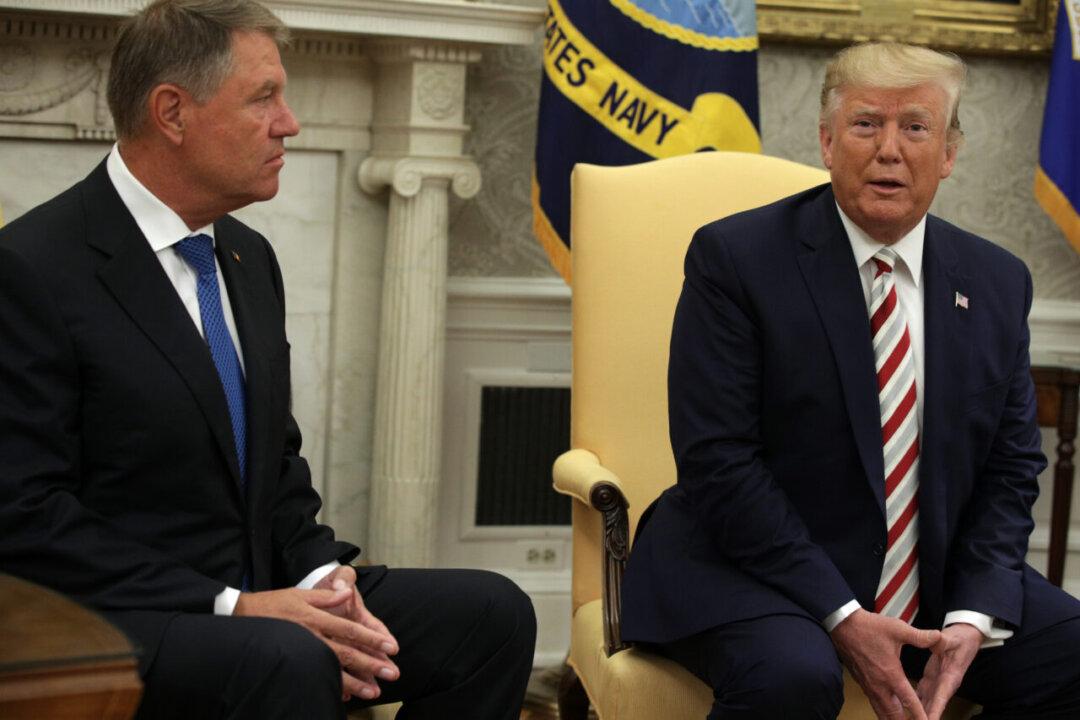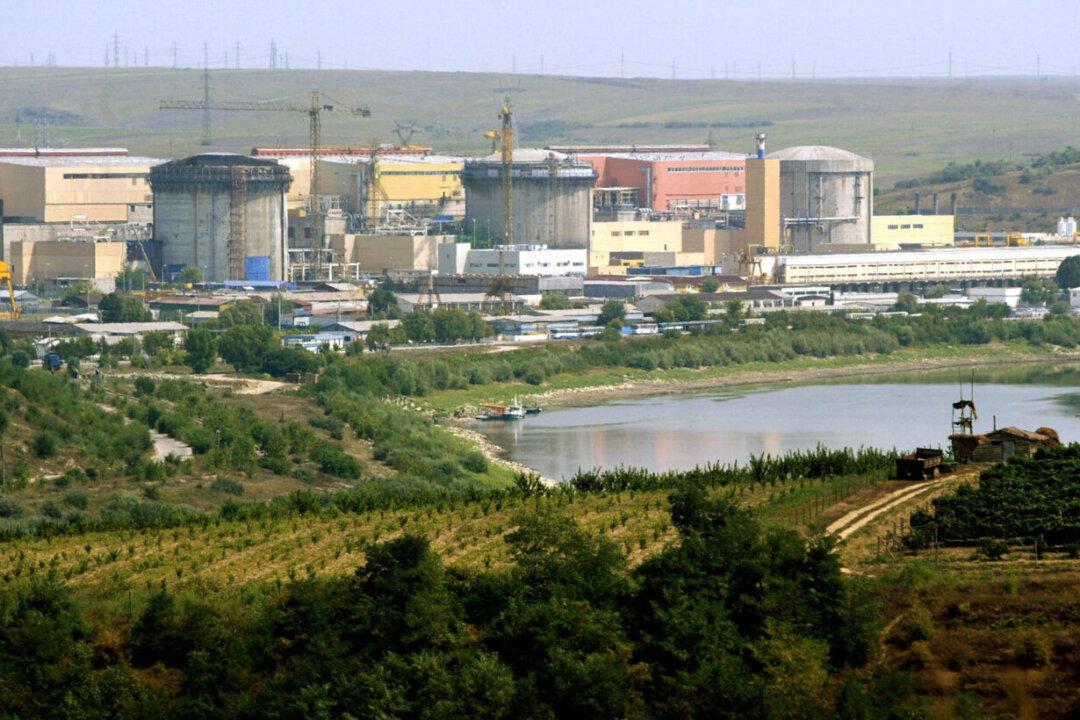The Romanian government requested state-owned energy company Nuclearelectrica to end its 5-year-old partnership with China General Nuclear Power Group (CGN), which intended to build two new 700-megawatt reactors at the country’s nuclear power plant in Cernavoda. The deal came under the government’s scrutiny earlier this year.
The Nuclearelectrica’s majority shareholder, the Romanian Ministry of Economy and Energy which owns 82.49 percent of share capital, formally requested that the shareholders repeal the current strategy for the expansion of Cernavoda nuclear plant, according to a company statement (pdf).



